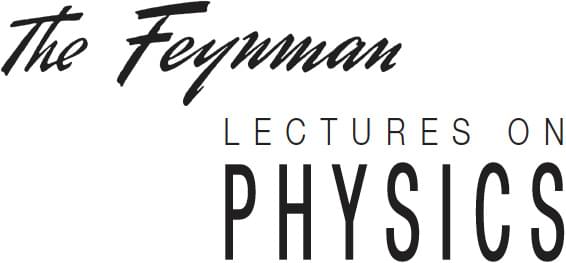According to a new job posting, Intel is setting up a GPU development center in the UK. The company is looking for experienced hardware design engineers to develop low-power GPU architectures for portable computing devices.
“We are building a brand-new team in the UK to focus solely on class-leading low power GPU architectures and designs to enable the next generation of portable computing,” reads the job description posted by Intel’s Xe Architecture and IP Engineering (XAE) Low Power Group. “This requires proven skills in a range of engineering disciplines from architecture, hardware design, software driver design all with low power as the key focus.”








